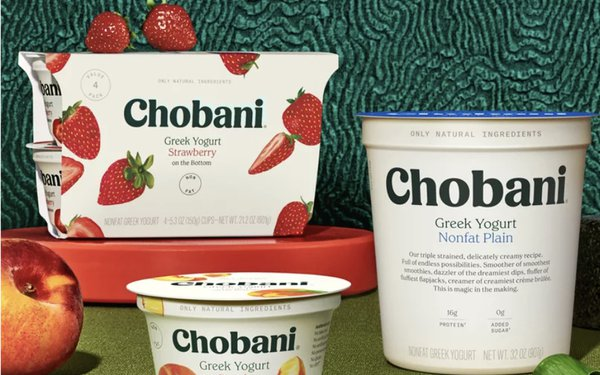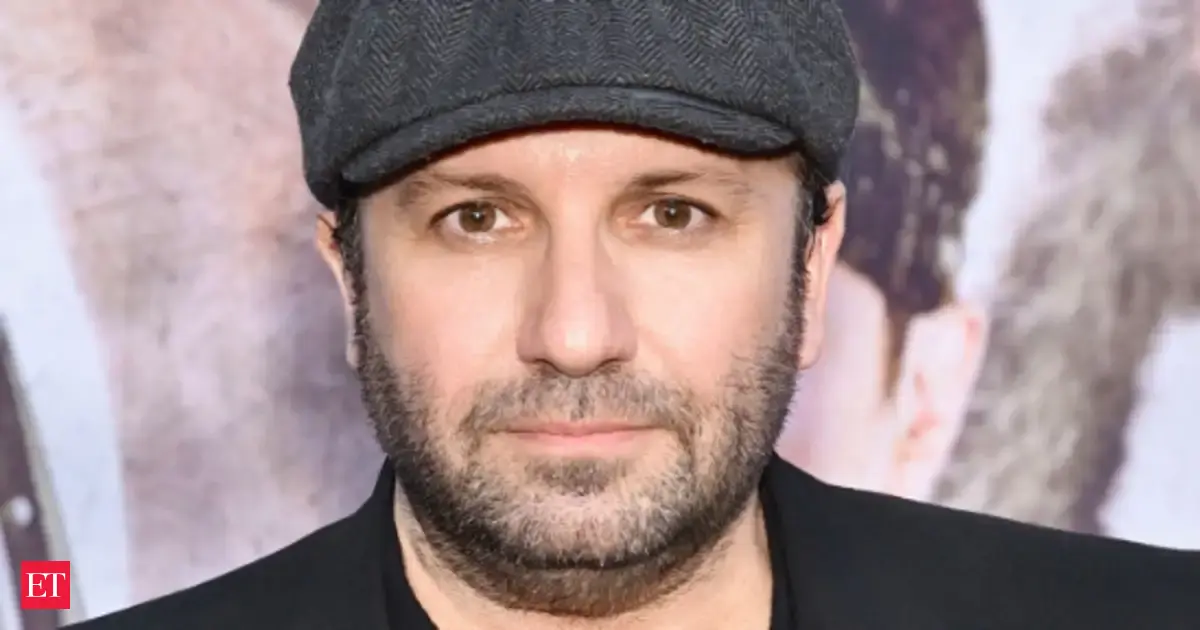By Siddhi Vinayak Misra
Copyright breezyscroll

Why is Chobani facing backlash?
Chobani, one of the most recognized yogurt brands in the United States, is under fire after announcing a partnership with Planet Harvest, a company co-founded by Ivanka Trump and Melissa Ackerman.
The collaboration aims to reduce food waste by buying “imperfect” produce from farmers and redirecting it to food companies. However, critics say the deal raises red flags for two reasons:
Political opposition to the Trump family, especially Ivanka’s involvement.
The for-profit model of Planet Harvest, which some consumers view as profiting under the guise of social good.
Within hours of the announcement, social media platforms were flooded with calls to boycott Chobani. Comments ranged from frustration about the Trump connection to skepticism about whether the partnership genuinely benefits farmers.
What is Planet Harvest?
Planet Harvest, launched in 2023, operates as a “profit-for-purpose” venture. Its model centers on buying produce that doesn’t meet grocery-store standards—fruits and vegetables that are misshapen, undersized, or blemished—and selling them to food manufacturers like Chobani.
Mission stated on its website: “Maximize the amount of fresh produce that moves from farms to families, optimize supply chains, and reduce environmental waste.”
Impact so far: In just over a year, Planet Harvest claims to have saved more than a million pounds of strawberries from being discarded.
From a sustainability standpoint, the business taps into a growing movement to fight food waste. But the for-profit structure has triggered criticism from consumers who feel the company, and now Chobani, are making money from what should be a public good.
How did the Chobani–Planet Harvest partnership begin?
The roots of this collaboration trace back to the Trump administration’s “Farmers to Families Food Box Program” during the COVID-19 pandemic. Ivanka Trump spearheaded the initiative, which connected farmers’ surplus crops with food distribution programs.
Chobani’s CEO, Hamdi Ulukaya, later credited the program with helping his company’s dairy farmers. After Trump’s White House tenure, Ulukaya reconnected with Ivanka to explore a private-sector approach to similar challenges.
In a September 12 CNBC interview, Ivanka explained why Planet Harvest operates as a for-profit entity:
“Initially, I thought we could just buy this excess and send it to food banks. But to do the volume and make it sustainable, it needed to be a functional private-sector business. That way, you can actually impact a lot more change.”
For Ulukaya, the decision seemed pragmatic. He described the model as a “win for farmers, a win for the land, a win for the economy, and a win for consumers.”
Why the boycott movement resonates
Boycotts of consumer brands are not new, but they often reveal the cultural and political divides in America. In Chobani’s case, the pushback comes from several overlapping concerns:
Politics and perceptionMany consumers reject the Trump family brand entirely, regardless of the project’s mission. Some see Chobani’s move as legitimizing a political dynasty they oppose.
Profit vs. purposeCritics argue that companies claiming to serve social good should not profit disproportionately. One Instagram commenter wrote, “They’re making money off the guise of helping farmers. Don’t fail yourself by not being educated on the facts.”
Distrust of corporate motivesWith rising skepticism about “greenwashing” and “purpose-driven” marketing, some consumers question whether Chobani’s partnership reflects genuine impact or savvy branding.
Has Chobani faced boycotts before?
Yes. This is not Chobani’s first encounter with consumer backlash.
2016 boycott: Far-right groups targeted Chobani for hiring refugees at its plants. Ulukaya, a Kurdish immigrant himself, publicly defended his decision and even pledged to donate most of his wealth to refugee aid programs.
2025 expansion: Earlier this year, Chobani broke ground on a $650 million facility in Rome, New York, expected to create more than 1,000 jobs. The project drew praise locally but also renewed scrutiny of the company’s political and social stances.
The latest controversy shows how quickly public perception can turn, especially when political figures are involved.
What’s at stake for Chobani?
The boycott poses both reputational and financial risks:
Brand loyalty: Chobani has built its identity around being socially conscious and community-focused. Associating with Ivanka Trump complicates that image.
Market competition: Yogurt buyers have plenty of alternatives, Fage, Yoplait, and store brands. If the boycott gains traction, consumers may switch loyalties.
Job creation narrative: The Rome facility expansion was meant to highlight Chobani’s commitment to American jobs. The boycott could overshadow this positive press.
What comes next?
It’s too early to tell if the boycott will have lasting effects. Past consumer-led boycotts of brands like Goya and Bud Light show that while some movements fade, others can dent sales and reputation for years.
For Chobani, much will depend on:
Whether the company clarifies how the partnership directly benefits farmers.
How transparent Planet Harvest remains about its profits versus impact.
Whether political tensions overshadow the sustainability goals of the initiative.
Chobani’s new partnership with Ivanka Trump’s Planet Harvest has sparked a boycott. Critics say the deal politicizes the brand and allows both companies to profit under the guise of helping farmers. While Planet Harvest markets itself as a sustainability-driven venture to fight food waste, backlash reflects deeper divisions over politics, corporate purpose, and consumer trust.



